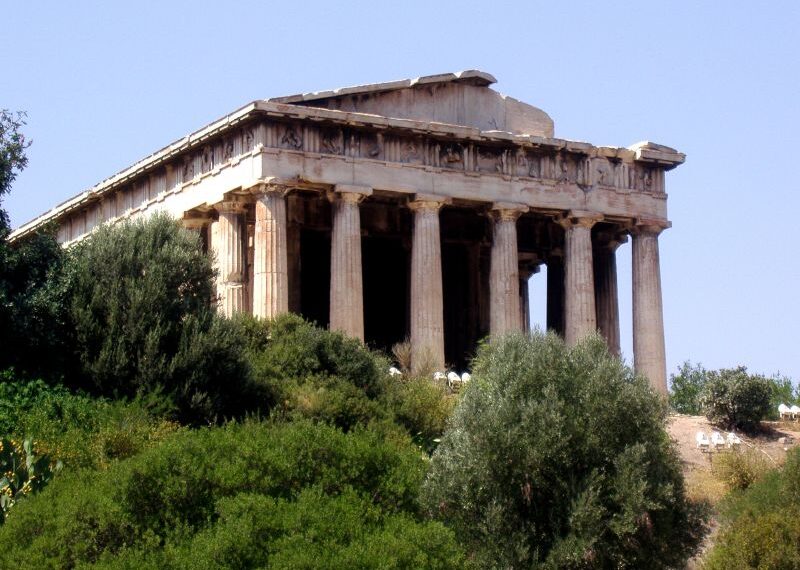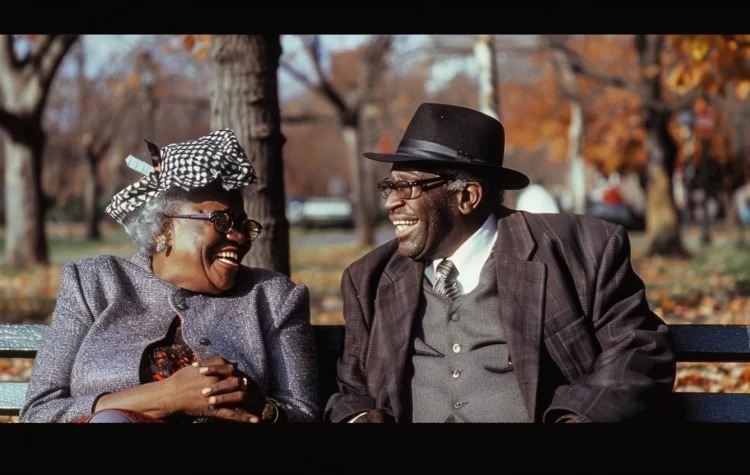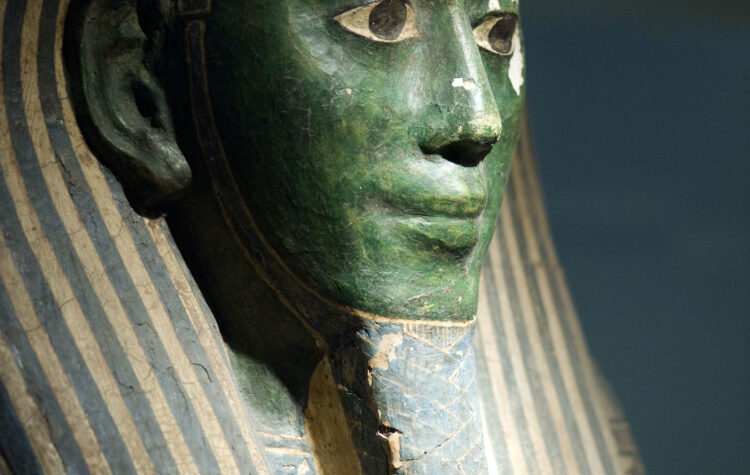The word “agora” is of Greek origin and refers to an open public space used for assembly and market activities in ancient Greece. In modern English, it is used to refer to a place of assembly and discussion, and also to refer to an online marketplace or community. However, it is not commonly used in everyday language, it is more prevalent in academic and specialized fields such as philosophy, history, archaeology, and politics.
The word “agora” comes from the Greek verb “agorevo” which means “I give speech” or “I speak in public”. This reflects the primary function of the agora in ancient Greek city-states as a place for political and social gatherings, where citizens would engage in discussions, hear speeches from leaders and philosophers, and make important decisions. The verb “agorazo” means “to buy” or “to make a purchase” and it comes from the noun “agora” which refers to the marketplace or the public square where people gathered to buy and sell goods and services.
The agora in ancient Greek city-states started as a place for political and social gatherings, where citizens would come to hear speeches, give speeches and engage in discussions. As people were gathered in the agora, traders began to set up shop there, selling goods and services. Over time, the agora evolved into a marketplace, as well as a center for political, social and cultural activity. The meaning of the verb “agorazo” also evolved from “I go often to Agora” to “to buy” or “to make a purchase” reflecting the agora’s primary function as a center for commerce. This evolution of meaning is common in language, as words and phrases adapt to changing cultural and societal contexts over time.
The ancient Agora serves as an example of how a central gathering place can play an important role in shaping political, social, and economic activity. The agora of ancient Greece was not only a marketplace but also a place where citizens could engage in political discussions and hear speeches from leaders and philosophers. It was a symbol of human creativity and freedom, and it was a form of participatory governance. Today, the word “agora” serves as a reminder of the importance of places of assembly and discussion, and also as a call to critique and challenge systems of power that limit human creativity and freedom.




1 comment